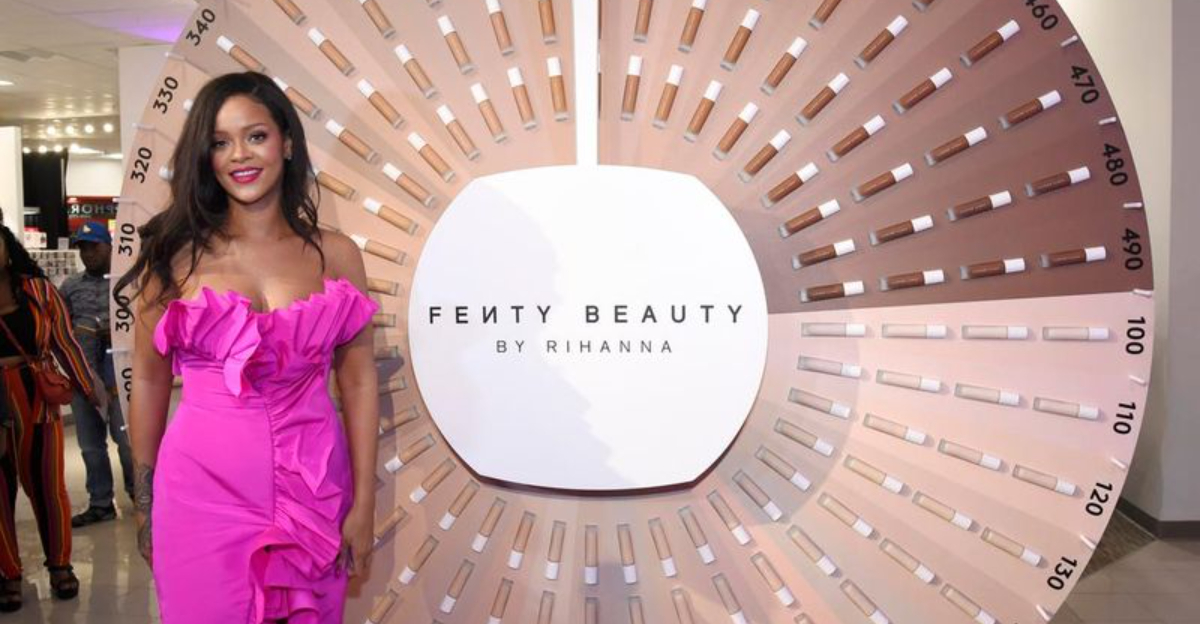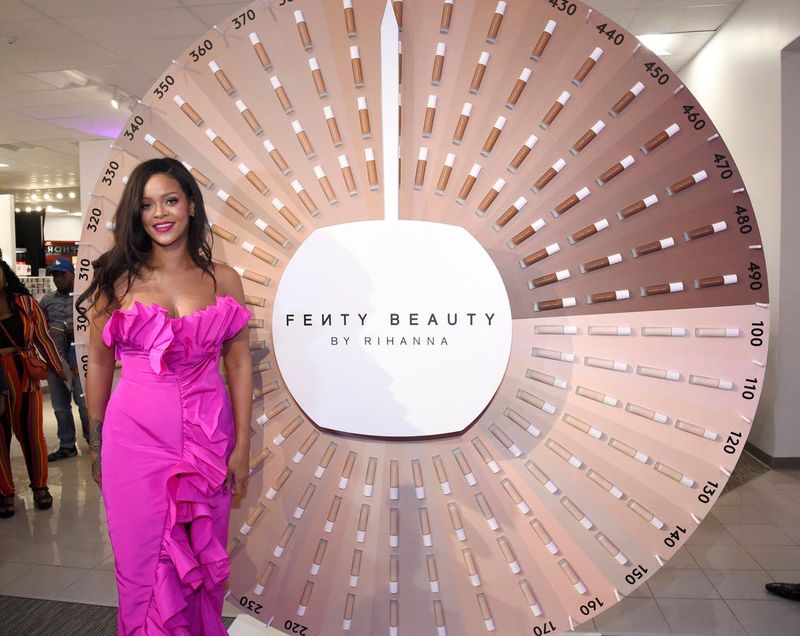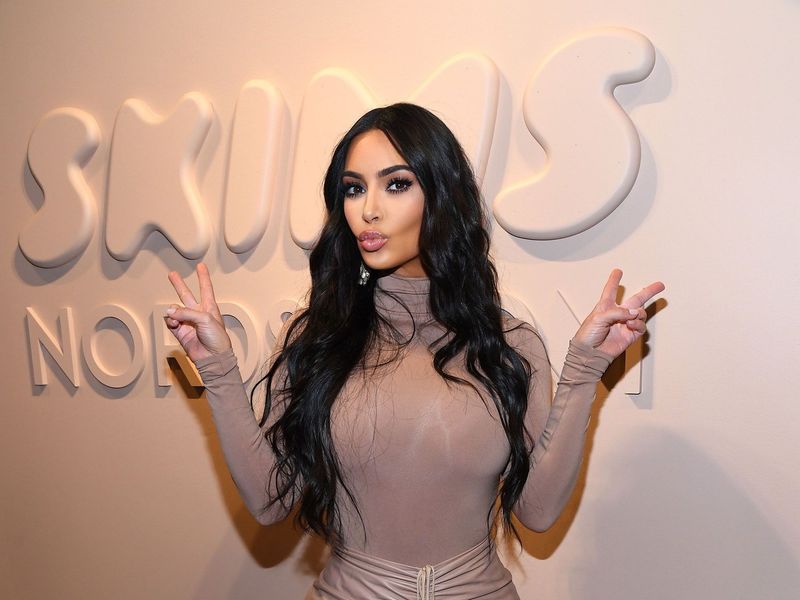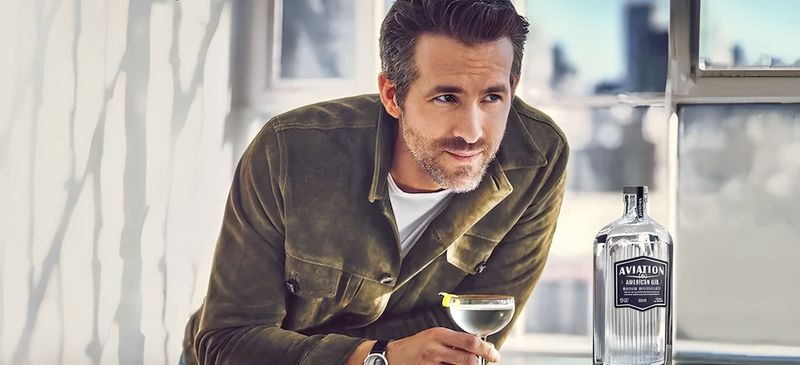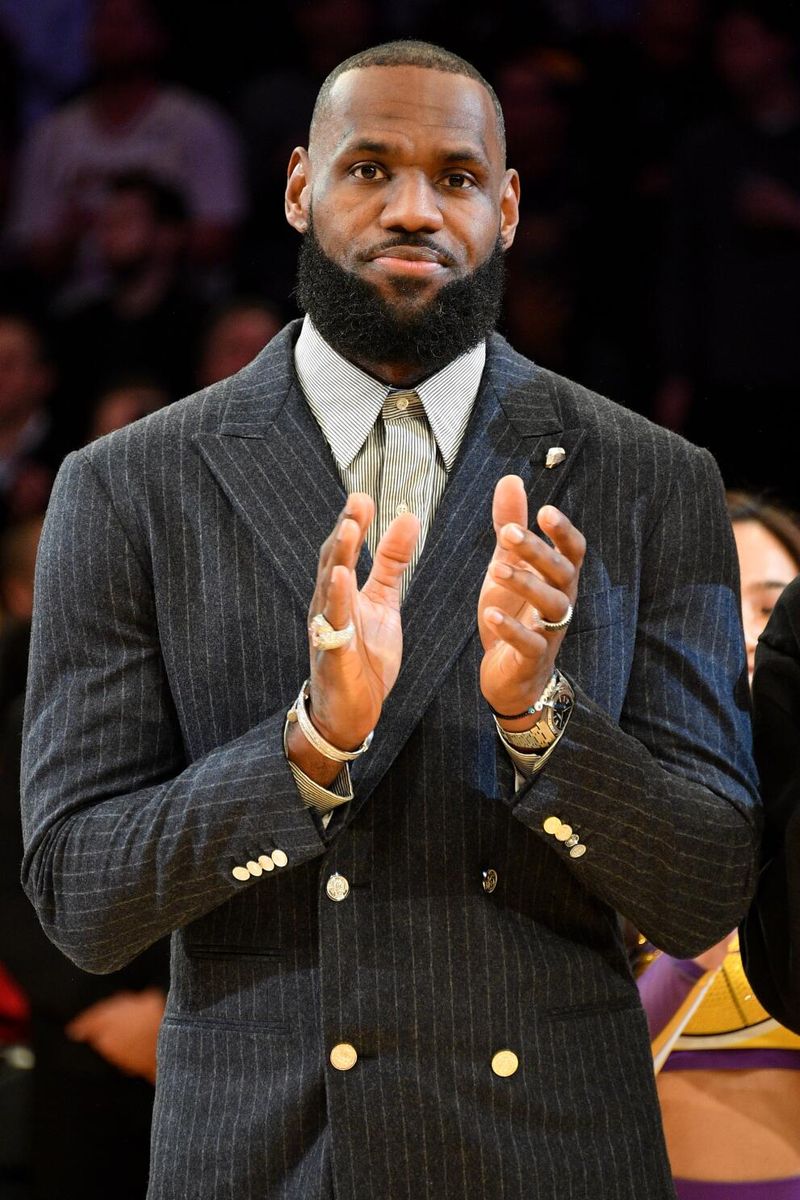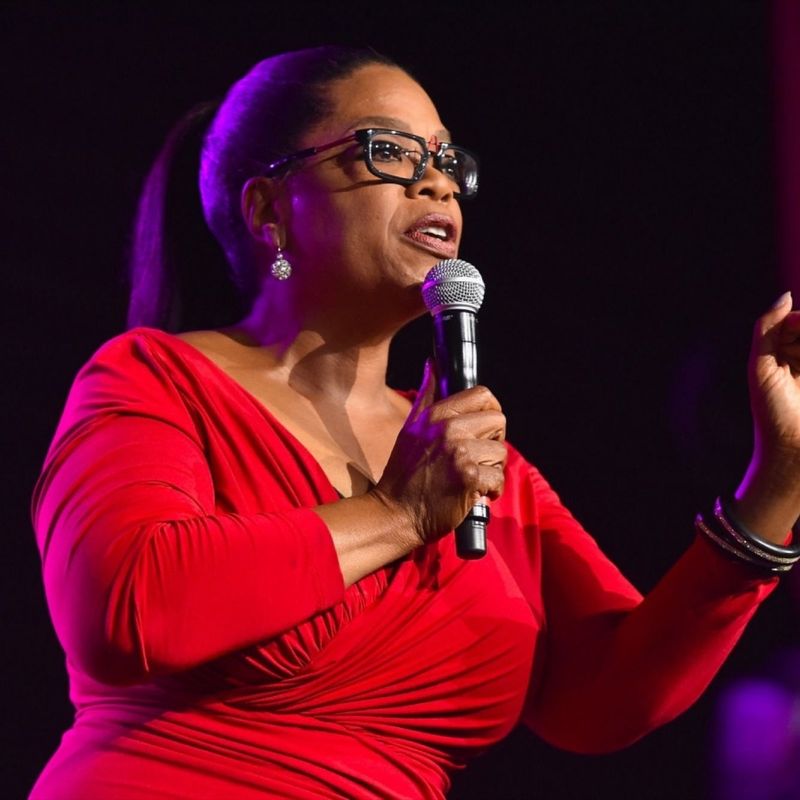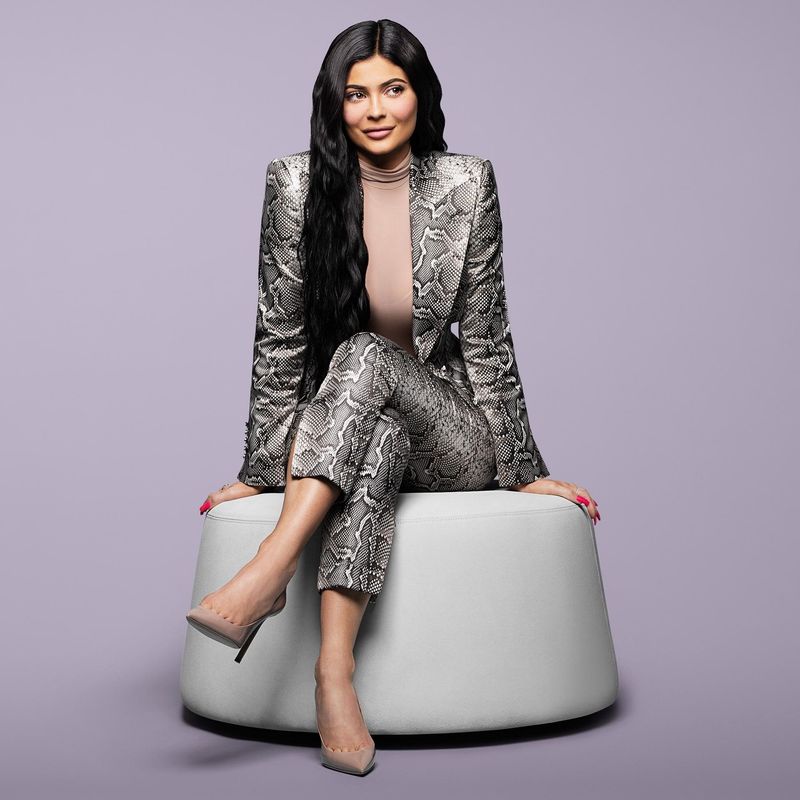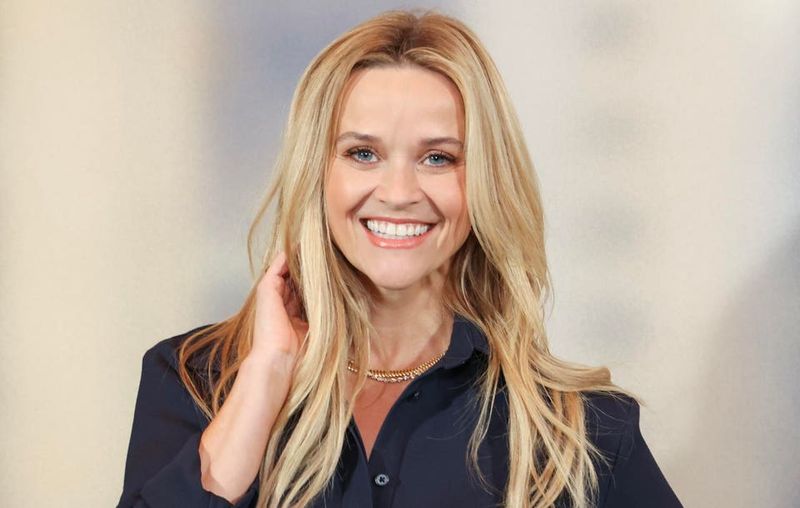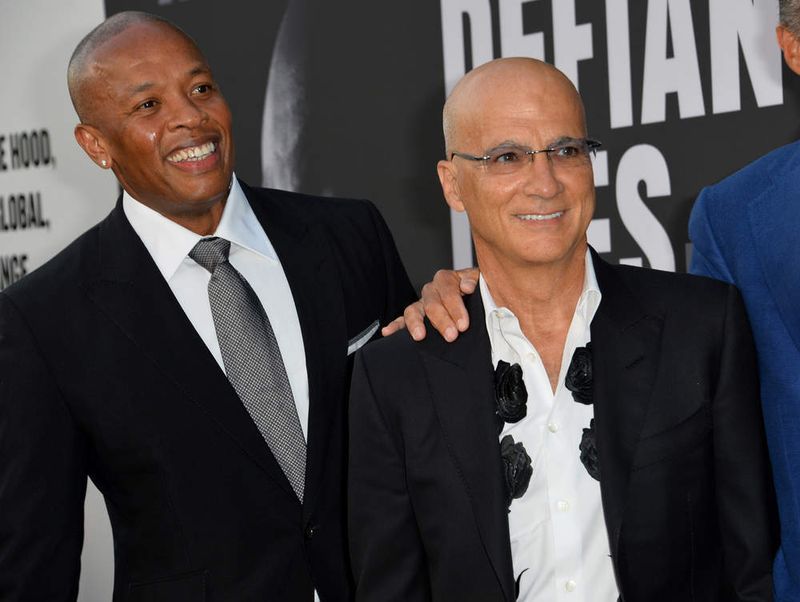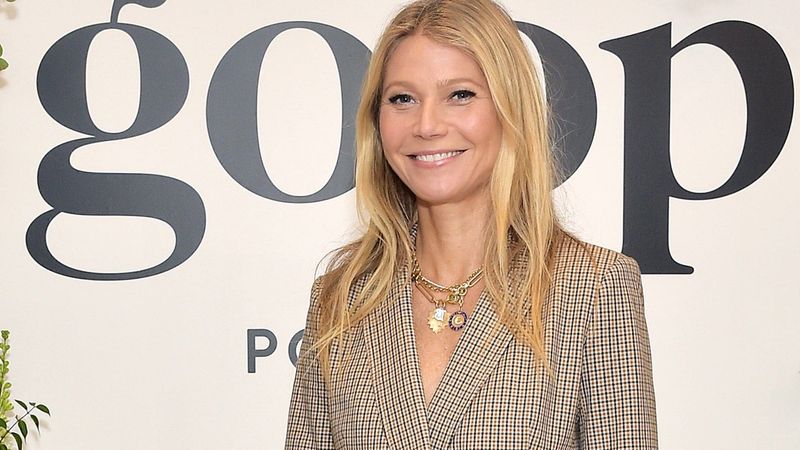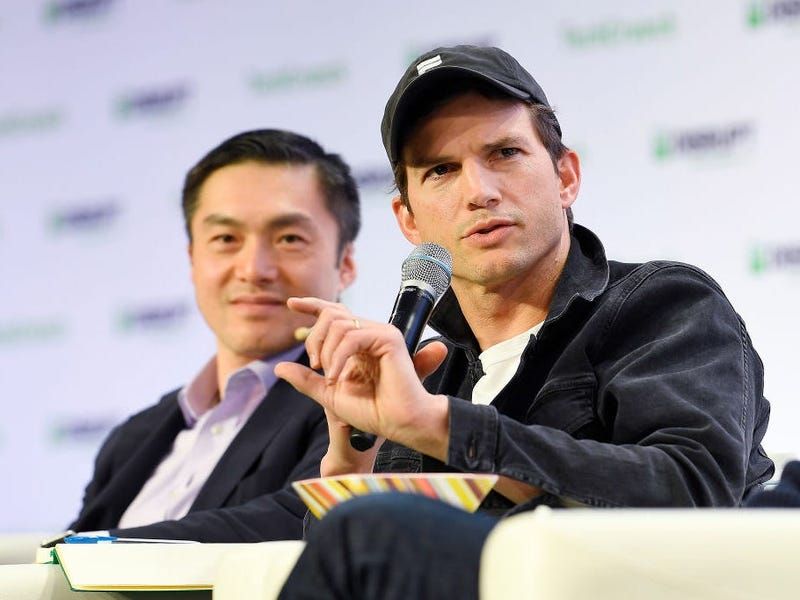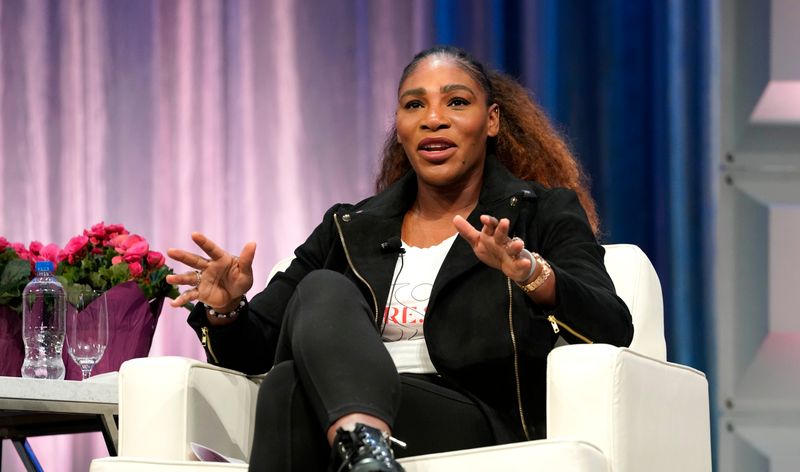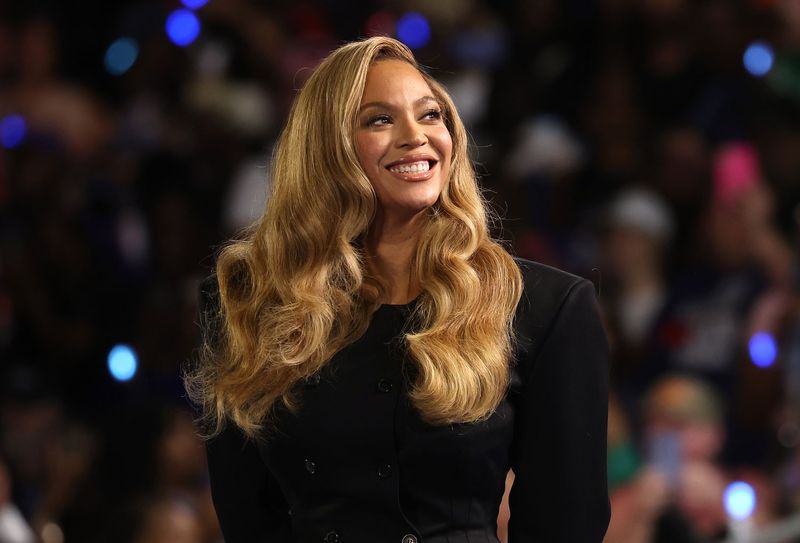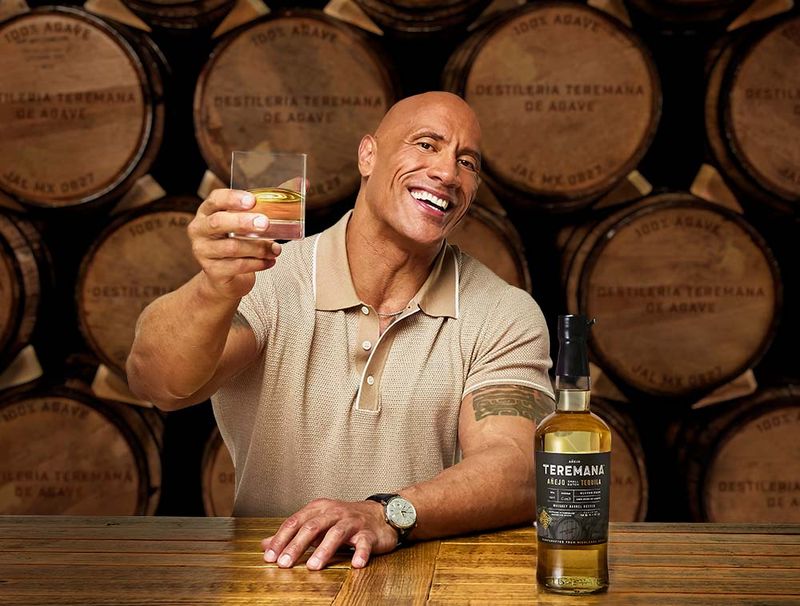Hollywood fame isn’t the final destination for many stars – it’s just the beginning of their business journey. Celebrities are leveraging their influence, wealth, and connections to build empires that rival their entertainment success. From beauty brands to tech investments, these stars have transformed their public personas into thriving businesses that generate millions – sometimes billions – in revenue.
1. Rihanna’s Beauty Revolution
Music superstar Rihanna shattered industry norms when she launched Fenty Beauty in 2017. The brand’s groundbreaking 40+ foundation shades addressed a massive gap in the market for women of color.
Her business acumen proved phenomenal as Fenty Beauty generated $550 million in its first year alone. The empire expanded with Savage X Fenty lingerie and Fenty Skin, pushing her net worth over $1.7 billion.
Most remarkable is how Rihanna transformed inclusivity from a buzzword into a profitable business model that forced the entire beauty industry to follow her lead.
2. Kim Kardashian’s Shapewear Success
Reality TV made her famous, but SKIMS made Kim Kardashian a business powerhouse. Her shapewear brand, launched in 2019, brilliantly capitalized on body positivity with inclusive sizing and neutral colors for all skin tones.
Initially facing controversy over its original name, Kim pivoted smartly and transformed SKIMS into a $4 billion valuation sensation. Her expansion into skincare with SKKN BY KIM further cemented her business credentials.
Unlike many celebrity brands that fizzle quickly, Kim’s hands-on approach to product development and marketing strategy has created lasting enterprises rather than mere endorsements.
3. Jay-Z’s Empire State of Mind
From Brooklyn’s Marcy Projects to boardrooms worldwide, Jay-Z built a $2.5 billion fortune through savvy diversification. His business portfolio spans music (Roc Nation), streaming (Tidal), and premium spirits (Armand de Brignac champagne and D’Ussé cognac).
Unlike many celebrity investors, Jay maintains significant operational control in his ventures. His champagne brand, which he purchased in 2014, saw a 900% value increase when he sold 50% to LVMH in 2021.
His strategy extends beyond entertainment into art collecting, real estate, and early stakes in Uber – creating wealth that will outlast his music career by generations.
4. Ryan Reynolds’ Marketing Genius
Ryan Reynolds transformed from charming actor to business phenomenon through brilliant marketing instincts. After purchasing a stake in Aviation Gin, his hilarious ads and personal involvement catapulted the brand to a $610 million acquisition by Diageo.
He applied the same savvy to budget wireless carrier Mint Mobile, creating viral campaigns that drew millions of customers before T-Mobile acquired it for $1.35 billion. His purchase of struggling Welsh football club Wrexham AFC with Rob McElhenney became a heartwarming docuseries success.
Reynolds’ secret? Authentic brand integration that feels like entertainment rather than advertising.
5. LeBron James’ Off-Court Empire
LeBron James’ business playbook has proven as impressive as his basketball skills. His media company SpringHill has produced films, documentaries, and the revival of ‘Space Jam’ – all while championing diverse voices and creators.
His early investment in Blaze Pizza turned $1 million into $25 million as the chain expanded rapidly nationwide. Sports investments include a stake in Liverpool FC and ownership in the Boston Red Sox.
Unlike many athletes who lose fortunes after retirement, James became the first active NBA player to achieve billionaire status through strategic partnerships, smart equity deals, and creating companies with strong social missions.
6. Oprah Winfrey’s Media Kingdom
From talk show host to media mogul, Oprah Winfrey built a $3 billion empire through savvy brand extension. Her OWN Network gave her complete creative control after decades of working within traditional television constraints.
Her golden touch extends beyond media – her Weight Watchers investment quadrupled in value, while her book club selections reliably become bestsellers. Harpo Productions continues developing film and television projects that align with her empowerment message.
What separates Winfrey from other celebrity entrepreneurs is longevity – she’s maintained relevance and profitability across four decades by evolving her business model while keeping her core values consistent.
7. Kylie Jenner’s Cosmetics Revolution
At just 17, Kylie Jenner leveraged her massive social media following to launch Kylie Cosmetics with just $250,000 from modeling earnings. Her first 15,000 lip kits sold out in less than a minute.
By controlling manufacturing costs and using free promotion through her Instagram platform, Jenner built a cosmetics empire valued at $900 million before selling 51% to beauty giant Coty. The direct-to-consumer model eliminated traditional retail markups and middlemen.
Though controversy surrounds her “self-made” status, Jenner’s business acumen is undeniable – she identified her unique market advantage and monetized it more effectively than anyone in her generation.
8. Jessica Alba’s Honest Empire
Jessica Alba’s transition from actress to entrepreneur began with a personal mission: finding non-toxic products for her children. Unable to find options she trusted, Alba co-founded The Honest Company in 2011 to create them herself.
Despite early product recalls and lawsuits challenging ingredient claims, Alba persevered, expanding from diapers and wipes to a full ecosystem of household, personal care, and beauty products. The company went public in 2021 with a $1.4 billion valuation.
What makes Alba’s success remarkable is how she identified a genuine market gap from her own experience rather than simply leveraging fame for a quick endorsement deal.
9. Reese Witherspoon’s Storytelling Business
Frustrated by Hollywood’s limited roles for women, Reese Witherspoon founded production company Hello Sunshine to create female-centered content. The gamble paid off with hits like ‘Big Little Lies’ and ‘Little Fires Everywhere,’ leading to a stunning $900 million acquisition in 2021.
Her Southern-inspired clothing brand Draper James provides another revenue stream, with brick-and-mortar stores and partnerships with major retailers. Witherspoon’s book club has become a kingmaker in publishing, instantly boosting sales for selected titles.
Her business model brilliantly connects content creation, commerce, and community – each element strengthening the others in her expanding empire.
10. Dr. Dre’s Beats Revolution
When Dr. Dre co-founded Beats Electronics in 2006, critics dismissed the headphones as overpriced and bass-heavy. What they missed was Dre’s genius in positioning audio equipment as a fashion statement and status symbol.
By combining celebrity endorsements, distinctive design, and strategic partnerships, Beats captured 70% of the premium headphone market within years. Apple’s $3 billion acquisition in 2014 made Dre hip-hop’s first billionaire.
His Aftermath Entertainment label continued discovering major artists like Eminem and 50 Cent, proving Dre’s talent for spotting both musical and business opportunities that others overlooked.
11. Gwyneth Paltrow’s Wellness Revolution
Gwyneth Paltrow transformed a simple 2008 newsletter into Goop, a $250 million wellness empire that defies conventional business wisdom. Despite (or perhaps because of) controversy surrounding products like jade eggs and questionable health claims, Paltrow created a brand synonymous with aspirational wellness.
Her business model brilliantly merges content, commerce, and experiences through the Goop website, physical stores, Netflix series, and wellness summits. The company’s valuation continues climbing despite regular criticism from medical professionals.
Paltrow’s success demonstrates that in the digital age, polarizing brands can thrive by cultivating devoted followers while leveraging controversy for free publicity.
12. Ashton Kutcher’s Tech Investing Prowess
Ashton Kutcher leveraged his Hollywood connections and technological intuition to become Silicon Valley’s most successful celebrity investor. Through A-Grade Investments and later Sound Ventures, he made early bets on Uber, Airbnb, Spotify, and dozens of other tech unicorns.
Unlike many celebrity investors who merely lend their names, Kutcher developed genuine technical knowledge and investment discipline. His portfolio now includes over 60 companies, with initial investments of $30 million growing to over $250 million in value.
Most impressive is how Kutcher used his entertainment industry insights to spot tech trends before traditional venture capitalists, particularly in consumer-facing applications.
13. Serena Williams’ Investment Ace
Tennis legend Serena Williams quietly built a venture capital powerhouse while dominating on the court. Her firm, Serena Ventures, has invested in over 60 startups with a deliberate focus on companies founded by women and people of color.
Williams’ investment strategy targets everyday consumer needs – from food delivery to education technology. Her fashion line S by Serena extends her business interests with size-inclusive designs reflecting her personal style.
Unlike athletes who merely endorse products, Williams takes active board positions in companies like Poshmark and Momentive, bringing her competitive spirit and global perspective to startups poised for significant growth.
14. George Clooney’s Tequila Triumph
George Clooney’s Casamigos began not as a business venture but as a private tequila for friends. Created with pals Rande Gerber and Mike Meldman, they only commercialized it when their distiller informed them they were ordering 1,000 bottles monthly and needed proper licensing.
Their authentic approach – creating a smooth tequila they personally enjoyed – resonated with consumers tired of celebrity-endorsed products. Without traditional advertising, Casamigos grew through word-of-mouth and genuine celebrity connections.
The 2017 sale to Diageo for $1 billion (with $300 million upfront) represented one of the largest spirits acquisitions ever, proving authenticity can be the most valuable business strategy.
15. Beyoncé’s Business Renaissance
Beyoncé Knowles-Carter constructed her business empire with the same precision she brings to her performances. Through Parkwood Entertainment, she maintains creative control and ownership of her music, films, and concerts – including her record-breaking Renaissance World Tour.
Her athleisure line Ivy Park, initially partnered with Topshop before moving to Adidas, revolutionized celebrity fashion collaborations with immersive marketing campaigns and inclusive sizing. Beyond entertainment, Beyoncé invested in WTRMLN WTR and launched vegan meal delivery service 22 Days Nutrition.
Her business philosophy centers on ownership and equity rather than endorsements, ensuring she builds lasting wealth while maintaining artistic independence.
16. Dwayne Johnson’s Strength in Business
Dwayne “The Rock” Johnson transformed from wrestling superstar to Hollywood’s highest-paid actor, then leveraged that platform to build multiple businesses. His Seven Bucks Productions (named after the $7 he had after being cut from football) now produces blockbusters like Jumanji and Jungle Cruise.
Teremana Tequila, launched in 2020, broke industry records by selling over 600,000 cases in its first year. Johnson’s Under Armour partnership, Project Rock, delivers consistently sold-out fitness apparel collections.
What separates Johnson’s business approach is relentless work ethic combined with authentic social media engagement that turns customers into community members rather than just consumers.
17. Taylor Swift’s Music Ownership Revolution
Taylor Swift redefined music industry power dynamics by re-recording her early albums after losing ownership of her masters. This unprecedented move transformed a business setback into a lucrative strategy that doubled her catalog value while inspiring artists worldwide to demand better contract terms.
Her Eras Tour shattered records, becoming the first tour to gross over $1 billion while stimulating local economies wherever it played. Swift’s business acumen extends to strategic partnerships, trademark protections, and careful control of her image and music distribution.
Unlike many artists who focus solely on creative output, Swift masters both artistry and business strategy, resulting in a $1.6 billion fortune built primarily through music rather than outside ventures.
18. Priyanka Chopra Jonas’ Global Ventures
Priyanka Chopra Jonas built a rare cross-continental business presence spanning Bollywood, Hollywood, and beyond. Her production company Purple Pebble Pictures champions regional Indian cinema and female-driven narratives that major studios often overlook.
Anomaly Haircare, her eco-conscious brand, reflects her commitment to sustainability while addressing diverse hair needs. Her New York restaurant Sona introduces authentic Indian cuisine to American diners, expanding cultural appreciation beyond entertainment.
Most impressive is how Chopra Jonas leverages her unique global perspective to identify business opportunities that connect Eastern and Western markets, creating enterprises that bridge cultural gaps while generating significant profits.
